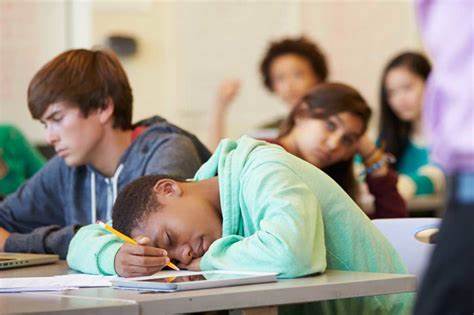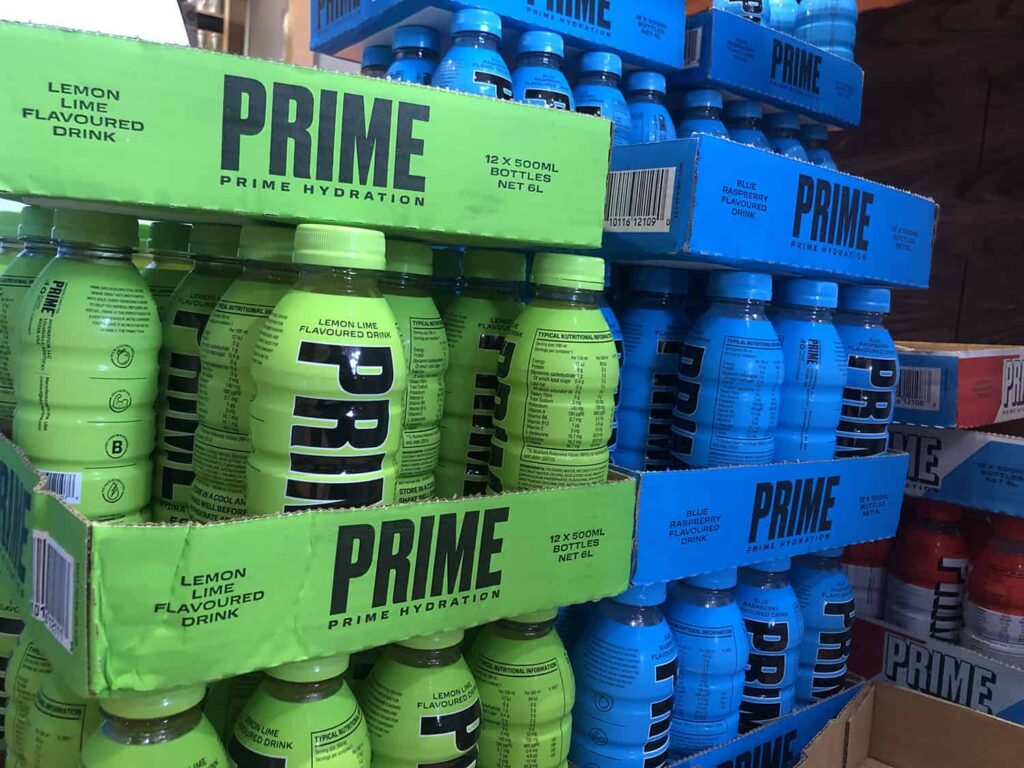
The calls come on the heels of a massive buzz following the release of Prime Hydration Drink in South Africa.

Educational organisations are calling for energy drinks to be banned at schools.
The calls come on the heels of a massive buzz following the release of Prime Hydration Drink in South Africa.
However, contrary to some media reports, Prime Hydration, which is widely available here, is not an energy drink as it does not contain caffeine. Prime Energy, which does contain caffeine, can be imported online.
ALSO READ | Prime energy drink an example of marketing genius
The National Association of School Governing Bodies (NASGB) general secretary Matakanye Matakanya said it is a good idea to ban energy drinks in schools and they support schools that are considering doing so.
We are encouraging other schools to do the same because energy drinks have a negative effect on children. We are also encouraging the schools to draft a policy that bans them in schools so that even if there are people who are challenging it, they will see that there is a policy.
____
“We are fully behind them as this is going to have a negative impact on pupils. We are also encouraging our children to drink water instead of these types of drinks,” he said.
Some schools have gone to the extent of sending messages on WhatsApp groups saying energy drinks should not be taken to school.
‘Energy drinks have negative effect on pupils’
Nazamia Muslim School principal Mohamed Saeed told The Witness that energy drinks have a negative effect on how pupils behave in class and regarding their participation.
“It is a common fact that sugar does have an effect on children in the classroom and now the drinking of energy drinks will just add more unnecessary issues in the classroom.
“What parents and everybody need to understand is that energy drinks are meant to be drunk after an activity or after a race. But here children are drinking it like water and juice, it will definitely have an effect on them.”
The children are sitting in the classroom studying and there is no activity. When they start drinking energy drinks, can you imagine the effect it will have on their bodies.
Saeed added that he has sent out messages to parents informing them that they need to have a conversation about energy drinks being taken to school by pupils.
Spokesperson of the Governing Body Foundation, Erna De Lange, said school principals should hold meetings with parents to discuss whether they want energy drinks at their schools or not.
Principal of Sanswill Primary School, Thulani Zuma, said that the entire country, including parents, community members and school governing bodies, needs to unite in order to stand up against energy and other related “controversial” drinks affecting schoolchildren and society.
We are dealing with a couple of drinks around our area besides energy drinks; people out there are also making their own drink which is mixed with some tablets and drugs. I know it is affecting the entire country, but I personally think the Dambuza area is worse. The side effects of these drinks are very clear and easy to pick up during the lessons. They [the pupils] are always sleeping or tired.
____
Education Department
KwaZulu-Natal Department of Education spokesperson Muzi Mahlamba said that at the moment there is nothing they can do as a department because there is no scientific report saying that energy drinks are not good for children.
We have seen the posts on social media calling for the drinks to be banned, but at this point, there is nothing we can do.
“We cannot tell the parents not to pack them for their children without having any tangible proof that they are not good for the children,” he said.
Source here
